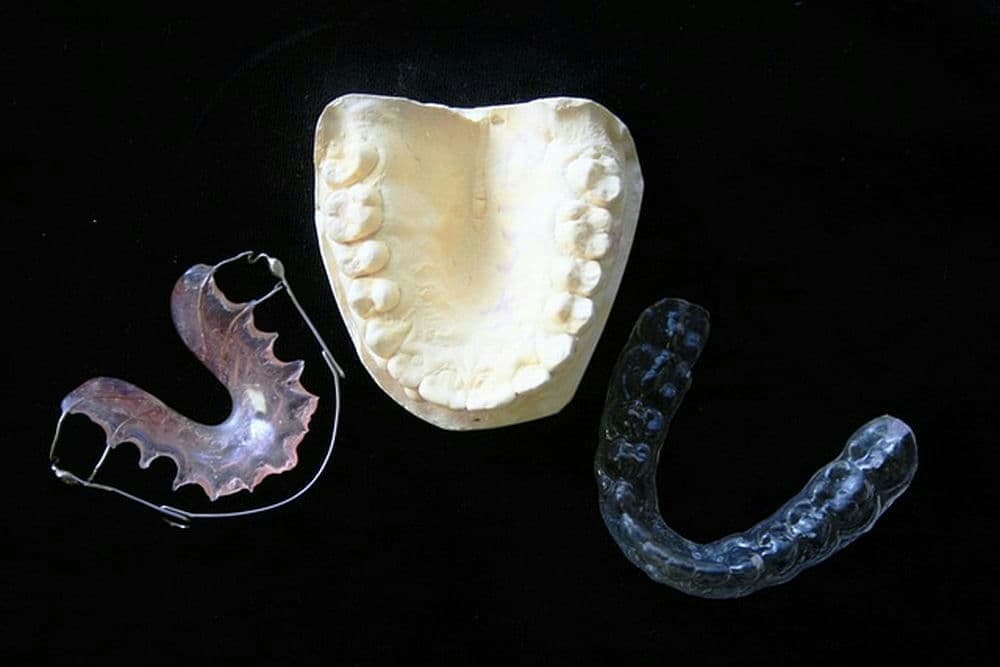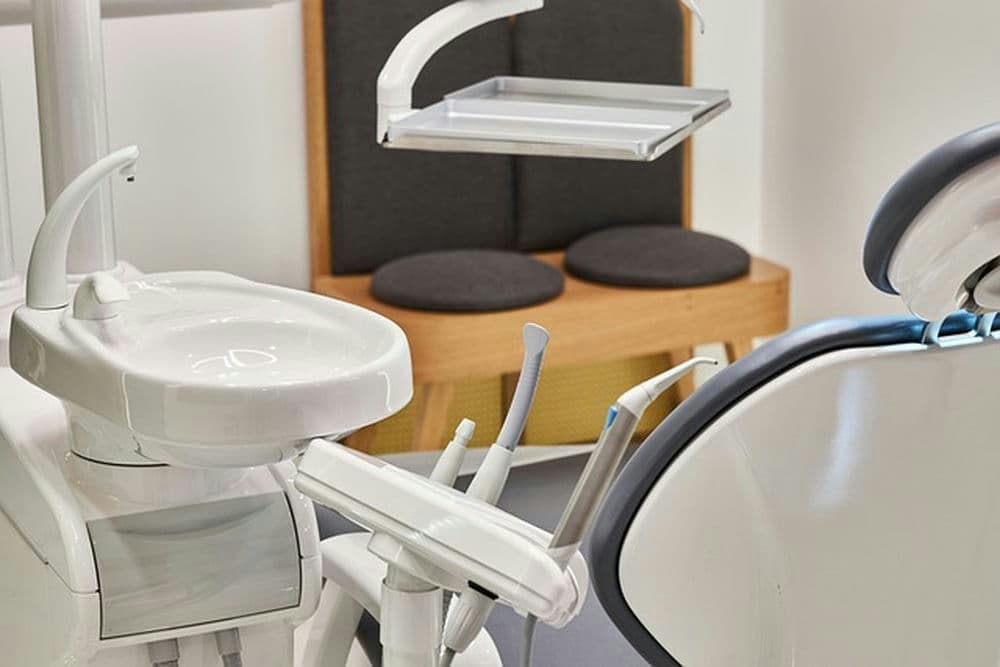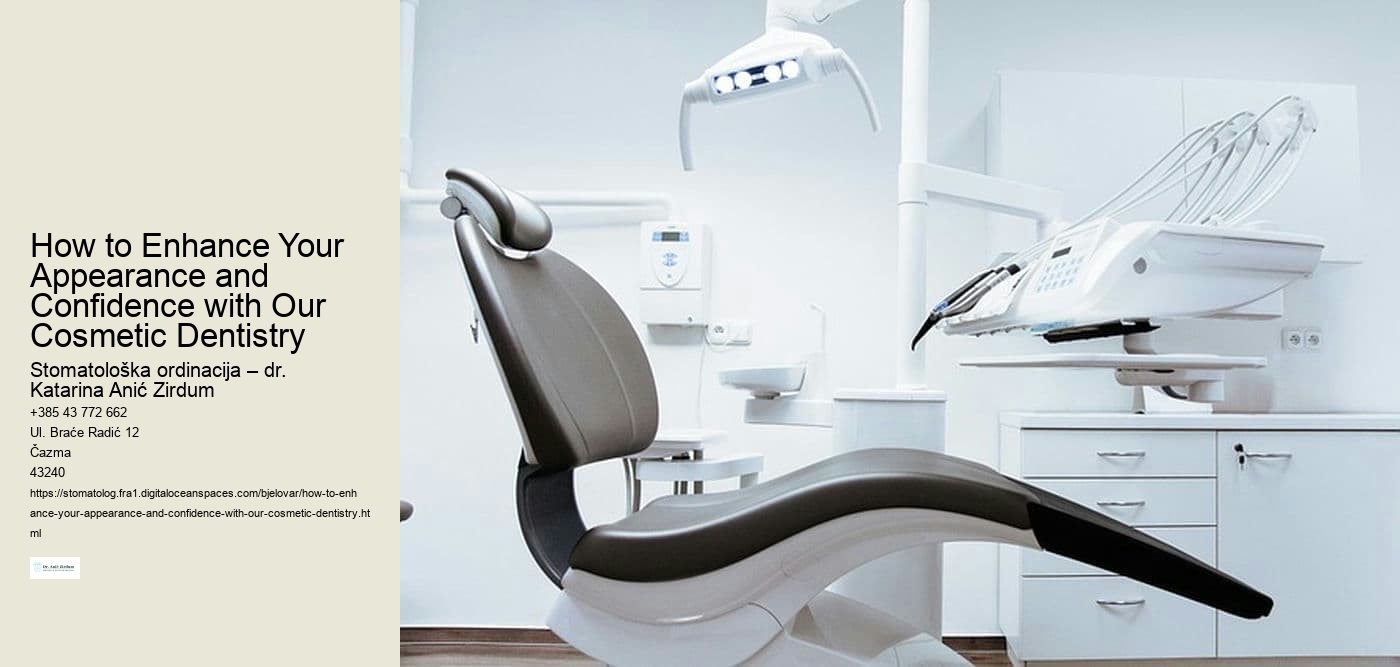
snap in dental implants
With proper care, you may have them for the rest of your life.
Implants and implant-supported dentures are securely anchored and won’t slip out. It’s hard to chew with dentures and you may’t eat loads of food you like or need. Dentures can move if you chew, that's annoying, and likewise makes it challenging to chew! In fact, dentures commonly have only 10% or less of full chewing power. Dental implants have full chewing power and implant-supported bridges or dentures also considerably augment the chewing power. Dentures may click while eating. With implants or implant-supported dentures, there’s no stressful clicking sound.
full mouth dental implants for seniors
Preparing to have a dental implantIt is essential to tell your dental team about any issues together with your health and any capsules or drugs that you're taking.
)Brush and floss day by day. Clean the implant site as directed by your general practitioner. What are the blessings of dental implants?Dental implants offer a big range of benefits. They can:Improve speech and chewing skill. Enhance the look of your smile. Secure permanent or detachable bridges and dentures. Provide teeth substitute without changing (shaving down) your neighboring teeth. (This is essential for dental bridges. )In addition, dental implants can’t get cavities. (But they’re not invulnerable to gum disease, so it’s still essential to follow good oral hygiene. )What are the dangers or complications of dental implants?Like any surgery, dental implant placement contains the capability for problems.


zimmer dental implants
Smoking, as an example, may give a contribution to implant failure and issues.
Sinus damage. Nerve damage. Improper implant placement. Allergic reaction to titanium (very rare). When an experienced health care provider places implants, the risk of issues is minimal. If you’re considering getting dental implants, make sure to find a service you trust. Who shouldn’t get dental implants?Certain risk elements can affect dental implant candidacy. Dental implants won't be best for you if you:Are under the age of 18. (Most surgeons won’t place dental implants unless your jaw has stopped growing. )Smoke or use tobacco merchandise. Have massive bone loss to your jaw.
one day dental implants
Close the incisions.
Tailored to your condition, this plan takes into consideration factors reminiscent of how many teeth you want replaced and the situation of your jawbone and ultimate teeth. To manage pain, anesthesia options during surgical procedure come with local anesthesia, sedation or usual anesthesia. Talk to your dental specialist about which option is better for you. Your dental care team will coach you about eating and drinking before surgical procedure, depending on what sort of anesthesia you have. If you're having sedation or general anesthesia, plan to have a person take you home after surgery and expect to rest for the rest of the day. What you can expectDental implant surgery is usually an outpatient surgery carried out in stages, with curative time between methods. The means of placing a dental implant involves numerous steps, including:Damaged tooth removalJawbone preparation (grafting), when neededDental implant placementBone growth and healingAbutment placementArtificial tooth placementThe entire procedure can take many months from start to finish. Much of that time is dedicated to healing and looking forward to the expansion of new bone in your jaw. Depending in your situation, the genuine method done or the constituents used, bound steps can every so often be combined. When bone grafting is requiredIf your jawbone isn't thick enough or is too soft, you may need bone grafting before you could have dental implant surgical procedure. That's as the valuable chewing action of your mouth exerts great force on your bone, and if it can't support the implant, the surgery likely would fail.
